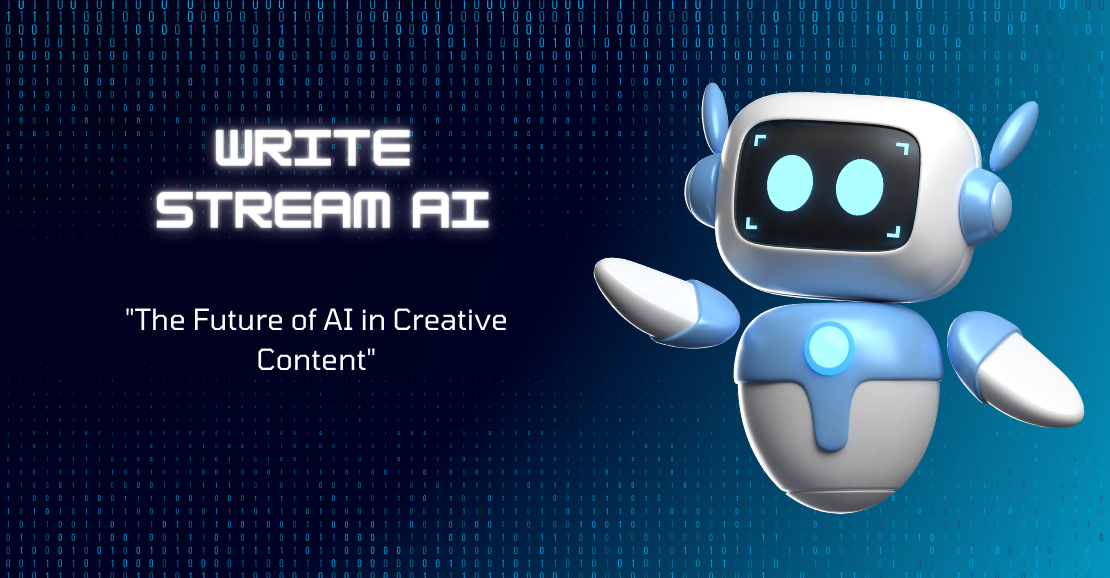The advancement of technology has never ceased to amaze us. From the industrial revolution to the digital era, we have witnessed technology shape and transform our lives in ways we could have never imagined. And now, with the rise of Artificial Intelligence (AI), we are on the brink of experiencing yet another revolutionary change. While AI has already made its mark in various industries such as healthcare, finance, and retail, its potential in the world of creative content is only beginning to be explored. In this article, we will delve into the future of AI in creative content and its impact on industries such as film, music, and advertising.
AI has already proven to be a valuable asset in the film industry, with the use of CGI (Computer Generated Imagery) in creating stunning visual effects. But the future of AI in film goes beyond just special effects. With the ability to analyze big data and predict audience preferences, AI can assist in creating tailored marketing campaigns and even suggest potential plotlines for movies. This could potentially revolutionize the way movies are marketed and produced, making it a more efficient and cost-effective process.
In the music industry, AI has the potential to assist musicians in creating and composing music. AI algorithms can analyze popular songs and create original compositions, making it easier for artists to generate new music. Furthermore, AI can also analyze listener data and recommend songs based on individual preferences, leading to a more personalized listening experience for the audience.
But perhaps the most significant impact of AI in creative content will be in the advertising industry. With the rise of social media and online platforms, advertising has become a crucial aspect of marketing. However, with the sheer amount of content being created every day, it has become challenging for brands to stand out and connect with their target audience. This is where AI can play a significant role. By analyzing consumer data and predicting trends, AI can assist in creating targeted and personalized advertisements that resonate with the audience, leading to better engagement and ultimately, increased sales.
Furthermore, AI can also assist in creating interactive and immersive content, such as virtual and augmented reality experiences. This can significantly enhance the way brands connect with their audience, providing a unique and memorable brand experience.
However, with the rise of AI, there are also concerns about its potential to replace human creativity. Will AI be able to generate original and authentic content that can truly resonate with audiences? The answer is, it depends. While AI can assist in creating content, it can never replace the human touch and emotional depth that comes with it. The human mind is still the ultimate source of creativity, and AI can only enhance and complement it.
In conclusion, the future of AI in creative content is undoubtedly promising. Its potential to analyze data, predict trends, and assist in content creation makes it a valuable tool for the entertainment and advertising industries. However, it is essential to remember that AI is a tool, and human creativity and emotion will always be needed to create truly impactful and meaningful content. As we continue to explore and develop the capabilities of AI, it is important to strike a balance between technology and human creativity, ensuring that we continue to push the boundaries of what is possible in the world of creative content.























Write your comment
Cancel Reply